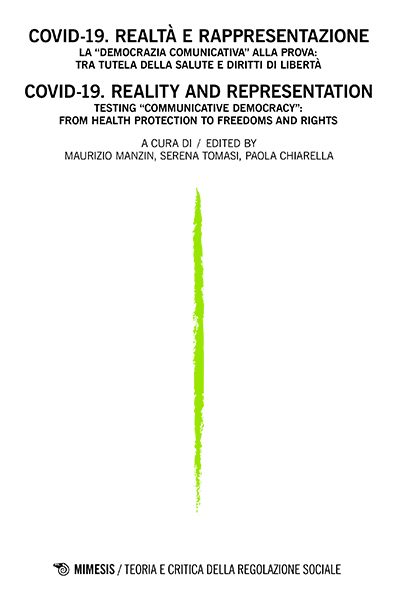Abstract
As has been authoritatively written, in all likelihood this pandemic will come to an end when we decide to turn off televisions, to move on from the Covid-19 statistics, in themselves – by definition – misleading, to something else that we will sooner or later deem (more) worthy of our attention. To get there, however, we will have to resign ourselves to coming to terms with the terrifying state of (political, legal, social and economic) emergency that the spread of SARS-CoV-2 has brought about over the past two years. And this in the meantime will entail the recognition – sooner or later – that a different narrative of what was happening in the world was available from the outset, in contrast to that ‘evidence’, conveyed by the mass media, which actually triggered a progression of restrictive measures that has rendered many Western legal systems almost unrecognisable. Such a narrative, we may say (even in the awareness of the ambiguity of counterfactual judgements), would likely have turned the handling of this pandemic into a completely different story. At least in our country.

